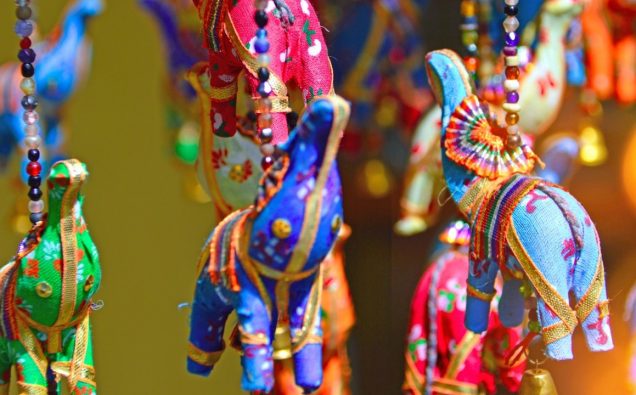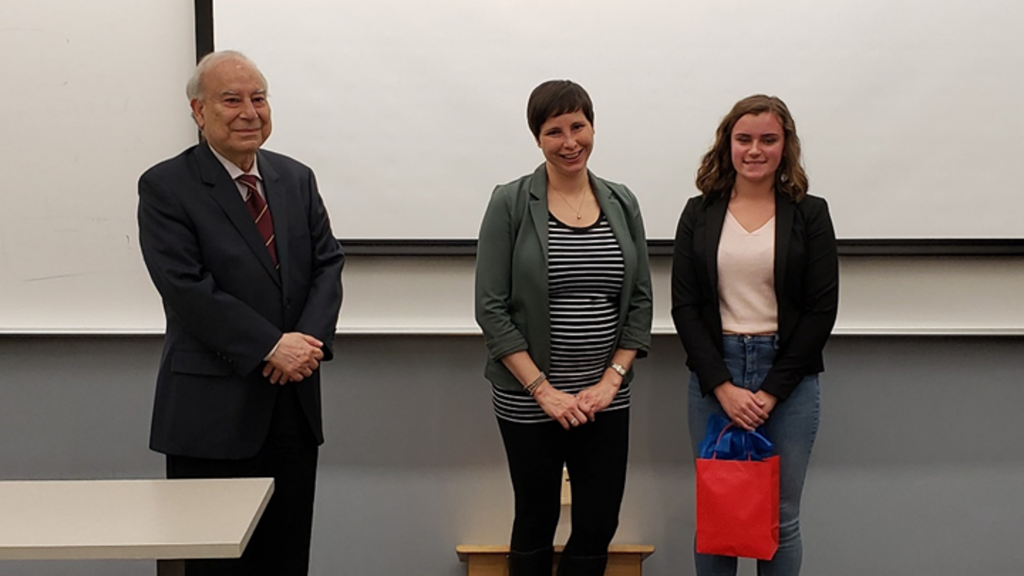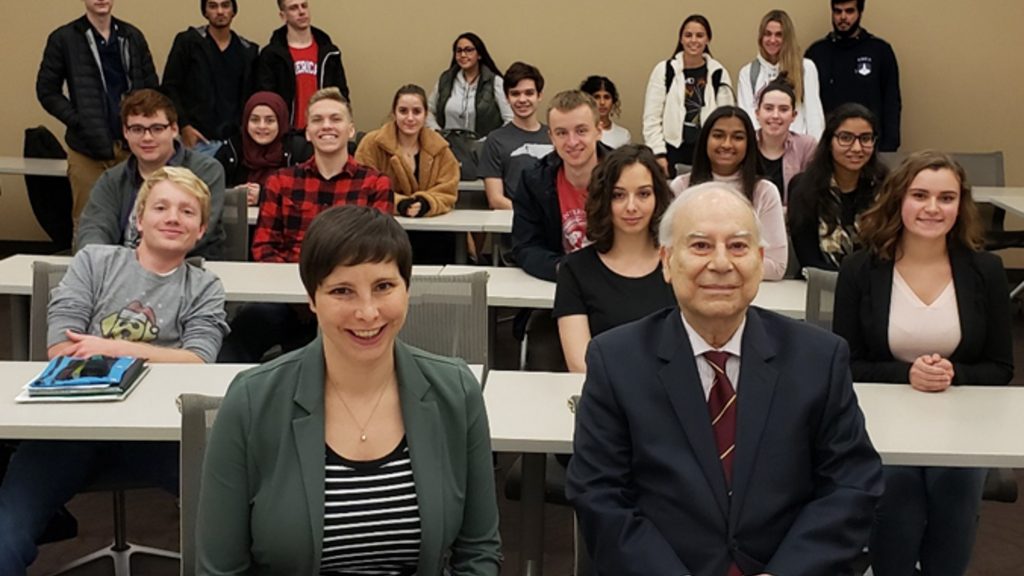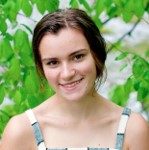
“Love is the bridge between you and everything,” says Rumi, the famed and mystic poet from the 13th century. Love is not often the focus of learning, but one of the ways that it can be is through the promotion of empathy, which is the cornerstone of religious tolerance. My long-held fascination with different religious traditions compelled me to enroll in The World of Islam a class taught by Professor Akbar Ahmed, an esteemed author and playwright, the former Pakistani ambassador to the United Kingdom and Ireland, and the current Ibn Khaldun Chair of Islamic Studies at American University’s School of International Service. Not only are his lectures about the Muslim World engaging, but he utilizes his extensive network of fellow scholars, colleagues, and friends to bring our class diverse perspectives and enlightening stories.
In an effort to help his students learn about Jewish-Muslim relations, Ambassador Ahmed called on his colleagues at the Washington Hebrew Congregation in hopes that they might recommend a Rabbi for his classes to hear from. Instead, Senior Rabbi M. Bruce Lustig recommended Stephanie Tankel, the congregation’s Director of Religious Education.
From the moment I met Tankel, it was easy to see why she had been selected for the position: she is a self-proclaimed “professional Jew” who is both a scholar and spiritual leader of Reform Judaism. Tankel made learning about Jewish history accessible, and at times even comical, and she shared with us both a history of the Jewish people and hope for a future of coexistence.
As a way of setting the scene for a discussion on Jewish-Muslim relations, Tankel gave our class a crash course on Jewish history. She began with Abraham, who is considered the first Jew and a common figure in both the Hebrew Bible, or Torah, and the Qur’an. She talked about Abraham’s long walk with God, and the recurring theme of long walks in Judaism.
From the Israelite’s Exodus from Egypt to the fall of the Second Temple, the overarching history of Judaism is a collective narrative for millions of people who have endured many crises. From her Reform Judaism perspective, Tankel imagined for us how they coped: stories. Her understanding is that Jews have preserved their language, their traditions, their beliefs, and set down roots all over the world, and what is left is a collective longing for Israel.
What I took away most from this incredible experience was the idea that education can create empathy, therefore helping to build bridges between groups that may have lost sight of their interconnectivity. Ambassador Ahmed said, “No two religions are more closely related and yet no two are more far apart politically”, and current political climate in Israel has led people to believe that Islam and Judaism are inherently incompatible, but that is far from the truth. Both groups share a belief in the same God, similar dietary codes, and an emphasis on pilgrimages and sacred spaces.
Jews, Muslims, and Christians prospered together in Andalusia, Spain during ‘La Convivencia’, and coexistence is achievable again if we focus on creating global infrastructure towards dialogue.
Mingling relies on mutual respect, and an openness to truly understand the stories of people that are different from you. “In order to engage in good, rich, transformative dialogue, you must know your own roots” says Tankel.

Dr. Akbar Ahmed, Director of Religious Education Stephanie Tankel, and Scarlett Stevens after Mrs. Tankel’s presentation to the World of Islam class
The building of bridges is only successful when each group is rooted in their identities, and they are therefore able to find empathy. The friendship that has blossomed between Tankel and Ambassador Ahmed was made possible by their shared desire to educate others about their faiths.
I am very grateful to have had a chance to hear from someone as witty and wise as Stephanie Tankel. Though I am not Jewish, I connected with her desire to learn and teach about her passions, and it has fueled me to further study religion. Her humor and knowledge are a textbook example of what constructive dialogue looks like, and I must thank my professor for this chance. Ambassador Ahmed has fostered in me and countless other students a desire to continue a lifelong tradition of scholarship.
His reverence for the Greek philosophers, in particular Socrates, goes to show that he has dedicated his life to educating himself and the world about the power of dialogue. Every day is an opportunity to learn, to grow, and to build the bridges that the world so desperately needs.
- Author Scarlett Stevens
Scarlett Stevens is a first-year student at American University’s School of International Service. She is from the blue ridge mountains of Roanoke, Virginia, and is passionate about studying religion and culture.



















